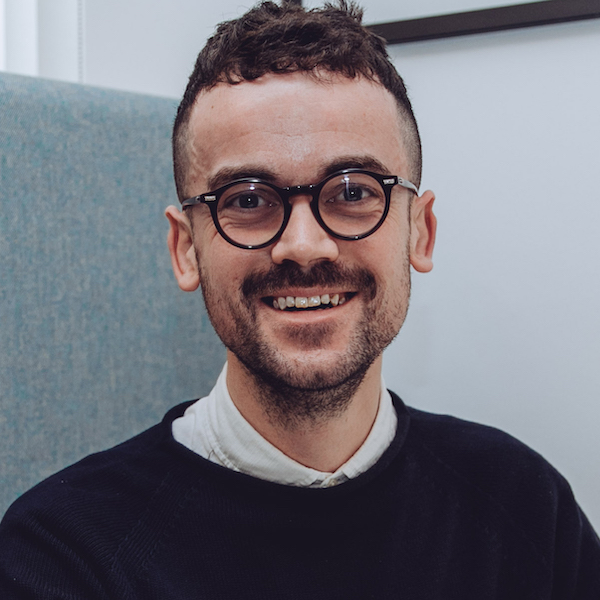


Two visiting experts have been in Guernsey this week, highlighting the importance of small local charities and how they can encourage more people to volunteer.
'The Power of our Voluntary Sector' invited workers from the island's charitable sector to hear from Chief Executive of the National Council of Voluntary Organisations, Karl Wildling, and Research and Learning Manager at the Lloyds Bank Foundation, Alex Van Vliet.
Both UK organisations recently completed in-depth research into charities and their progression, which they were able to share with the audience at last night's event.
"We're really interested in trying to understand how people want to get involved in charities by giving their time," explained Mr Wildling. "The way that people are getting involved is changing. The report takes us on a journey and helps us understand what it is modern volunteers want, what their experience is like and what we can do to try and improve that experience."
The NCVO is now using its findings to teach charities across the nation how they can offer volunteering opportunities that fit with modern lives.
Pictured: Karl Wilding.
"One of the big things that you see in our sector all the time is this message that not enough people want to volunteer," Mr Wilding added. "I don't think it's true. I'm absolutely convinced that people care about each other, they care about causes and they want to get involved. What has changed though, is how they want to support the things that they believe in."
While changes in technology are putting a new demand on the voluntary sector to keep up, the NCVO report also highlighted a number of other issues.
"People want flexibility in terms of how they get involved," Mr Wilding explained. "People get a bit nervous about committing, especially for the long term. We're trying to help organisations to think about how they can create flexible opportunities that fit with people's lifestyles.
"One of the things that seems most important is when people tell us volunteering has become too much like paid work. People don't volunteer because they want another job, they volunteer for a whole host of reasons and, quite frequently, it's because it offers them a chance to do something that feels very different to paid work. We've got to be careful about the sorts of opportunities that we create and not take people for granted."
Meanwhile, the Lloyds Bank Foundation, which has a branch in the Channel Islands, recently carried out a report into the importance of small charities and the impact they can have in their local area.

Pictured: Alex Van Vliet (image from Lloyds Bank Foundation website).
"Over the past ten years we've seen an increasing 'Tesco-ification' of charities, where the big organisations get bigger and the small organisations stay the same," said Mr Van Vliet. "We think the research we've done helps to highlight and celebrate the work of small organisations and underlines the impotence of a diverse ecosystem of charities."
Mr Van Vliet visited local family charity Bright Beginnings during his time in the island, which he used as a case study for his presentation.
"Particularly with local charities, you find they are very responsive to problems they see in their community, they work with a very person-centred ethos, they often spot problems and support people from falling through the cracks. They create a unique value as organisations because, not only do they often support people when they're at their most vulnerable, but they help glue communities together because they're very well networked.
"Often they're doing quite unglamorous work, so they might be a charity that's supporting survivors of domestic abuse or people recovering from drug and alcohol problems. They don't keep a high profile, they're not necessarily super popular causes. The people who work for those charities are very stretched, but they do it because they care about the cause."
The foundation is now using the report to help small charities better market themselves.
"The report is to try and articulate the value that those organisations bring and support organisations who are small to think about how they can sell themselves, so that when they're talking to local supporters and looking for donors, they're really clear about the added value that they bring," said Mr Van Vliet.
Pictured top: File image.
Comments
Comments on this story express the views of the commentator only, not Bailiwick Publishing. We are unable to guarantee the accuracy of any of those comments.